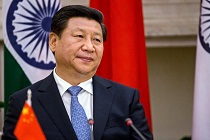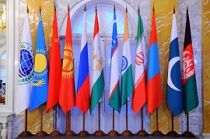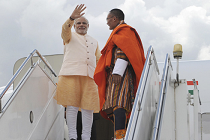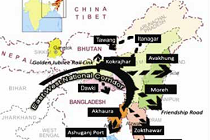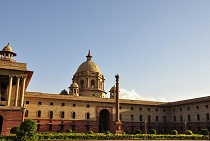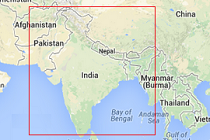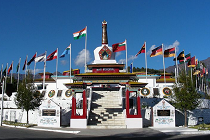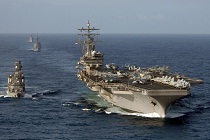2014: brutality intensified
This year has seen a disturbing increase in brutal violence by terrorist groups across the world—the Islamic State in Iraq and Syria, Boko Haram in Nigeria and the Tehreek-e-Taliban in Pakistan. With non-traditional terror targets like Belgium, Canada and Australia also being attacked this year, 2015 could see a more lethal spread of jihadist terror


